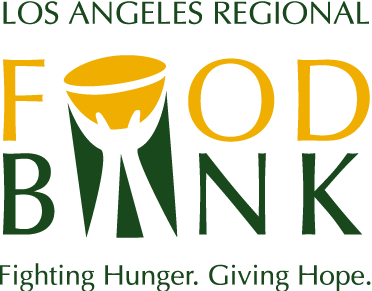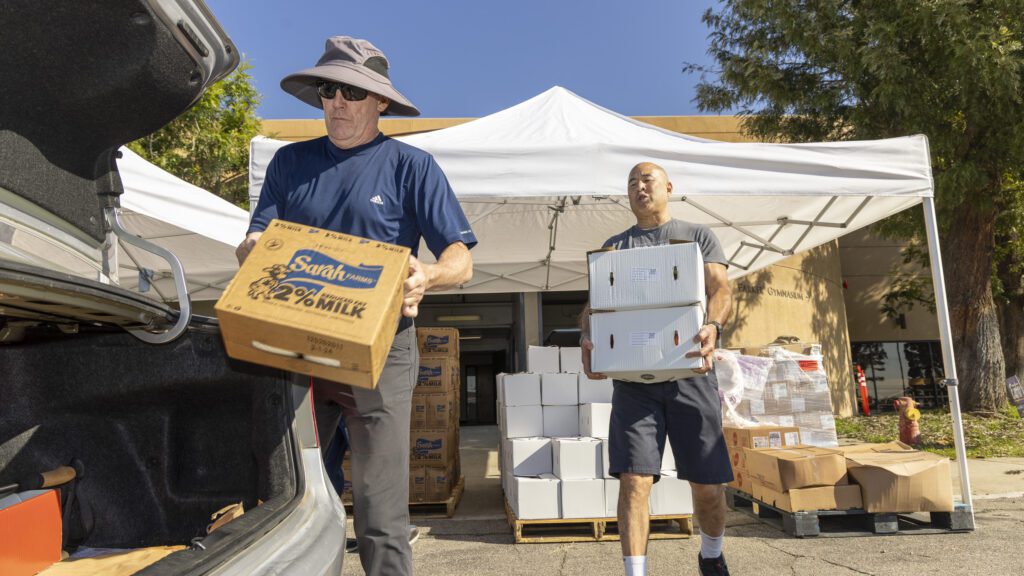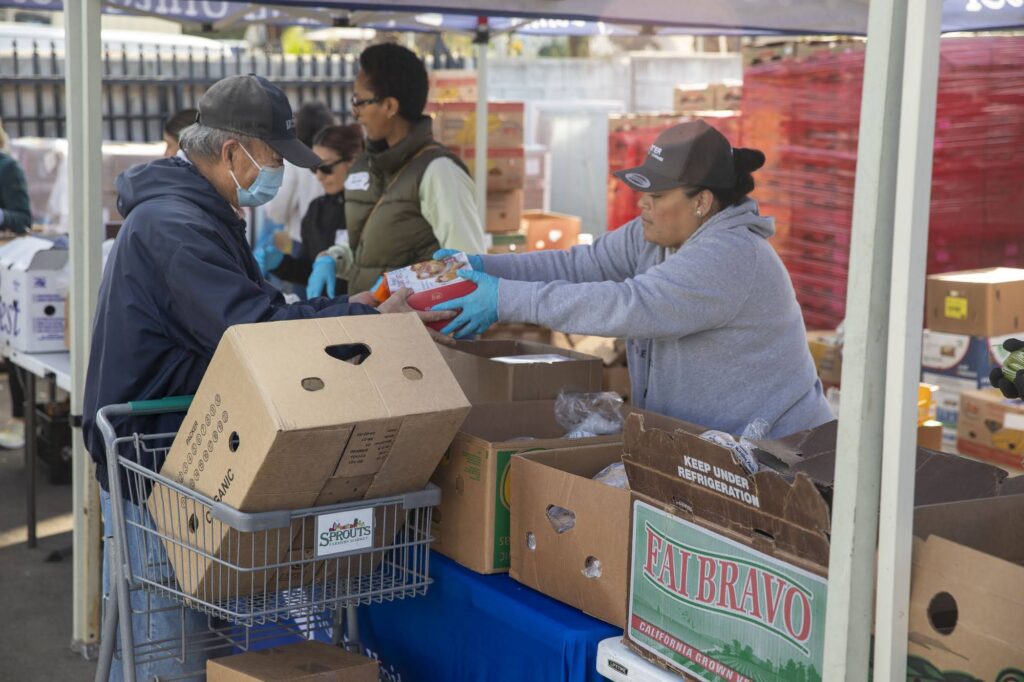Fighting Food Waste and Food Insecurity Simultaneously
Fighting Food Waste and Food Insecurity Simultaneously
There are 4,000 tons of food waste generated in Los Angeles County each day, reports the Los Angeles County Sanitation Districts. This harsh reality is why the Los Angeles Regional Food Bank and community partners work together to reroute food products meant for the landfill to be directed to one of the hundreds of nonprofit organizations within its partner agency network, then distribute essential food to our neighbors to tackle food insecurity and reduce greenhouse gasses in our atmosphere that perpetuate global climate change.
It Takes All of Us
California has committed to fighting food waste and its negative impacts on the climate by passing Senate Bill 1383 (SB 1383). SB 1383 mandates that California recover at least 20 percent of edible food waste that would otherwise be headed to landfills by 2025. SB 1383 requires every jurisdiction to provide organic waste collection services to all residents and businesses. “Organic waste” encompasses various materials, including food, green waste, landscape and pruning waste, textiles, lumber, paper products, and more.
“Food rescue is at the heart of the Los Angeles Regional Food Bank’s work,” says Los Angeles Regional Food Bank Senior Director of Operations and Logistics, Scott Newton. “This landmark legislation aimed to effectively reduce our carbon footprint while contributing to the mobilization of food products to our neighbors throughout Los Angeles County underscores the importance of collaborating with community partners to create a more sustainable future for all.”
The Food Bank’s new City of Industry, a state-of-the-art distribution center, provides 256,000 square feet of added capacity to store essential food and provide nutrition assistance to help more individuals and families throughout the County. Due to its size, the Food Bank can move food products quicker and more efficiently, directing food to neighbors instead of ending up in landfills.
With the S. Mark Taper Foundation Rescue Center at the new facility, volunteers sort, glean and pack rescued food for different food programs and partner agencies. In 2023, thanks to over 500 food donors, the Food Bank’s Extra Helpings Program helped ensure that more than 28.3 million pounds of food were redirected from landfills to pantries by enabling 220 partner agencies to collect nutritious, perishable and prepared food directly from grocery stores and other local sources in their neighborhoods.
Related: Los Angeles Regional Food Bank to Receive a $1 Million Grant from the S. Mark Taper Foundation
As climate change continues to be at the top of my mind, every step counts. Please get involved today to help the environment and our neighbors.





